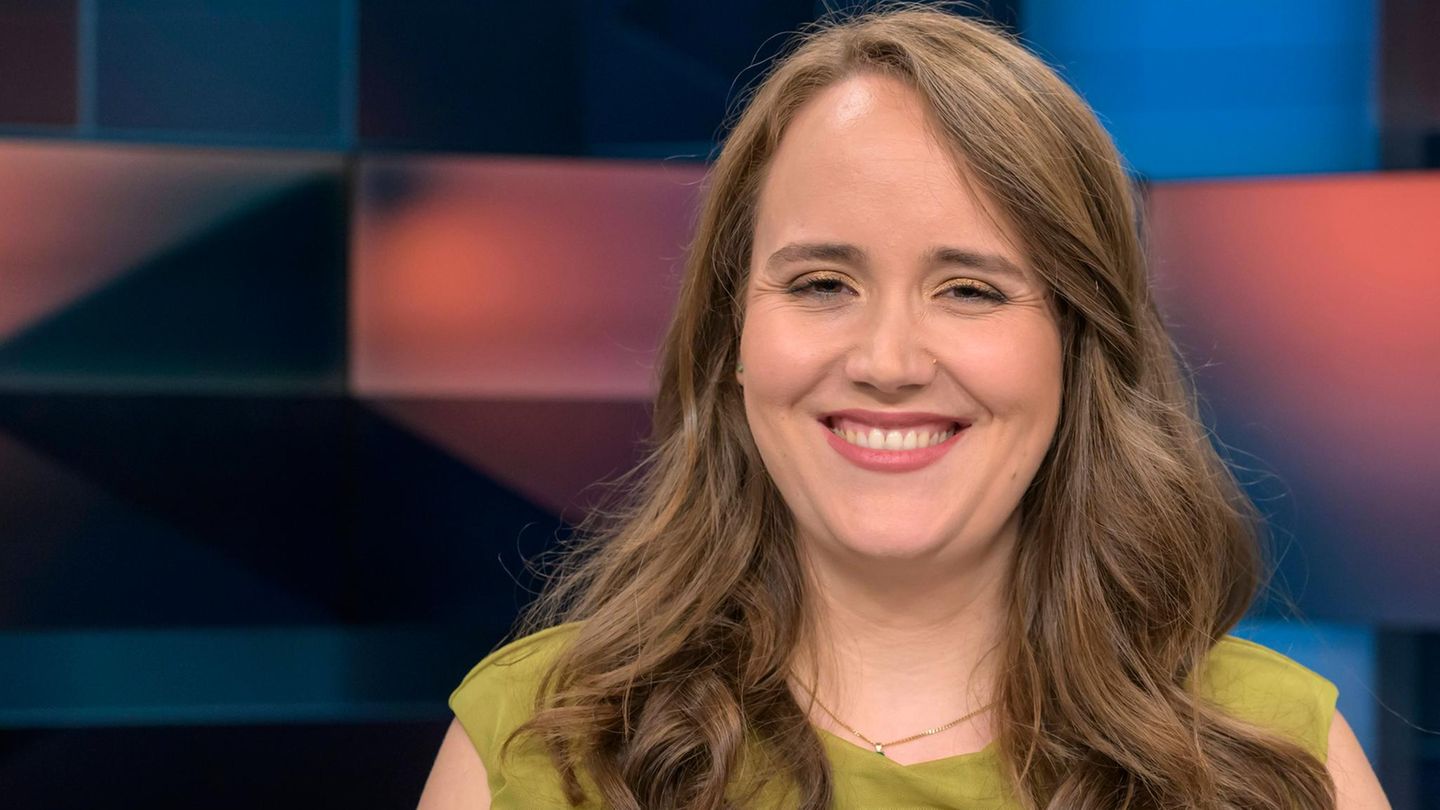According to BBC Mundo, of all Petro’s proposals for socioeconomic change, the one that generated the most attention was the one that led him to ensure that he would dismantle the hydrocarbon industry. Petro’s plan, with a focus on the environment, is to leave behind the extractivist economy and promote production as a policy to face climate change. The elected president is opposed to fraking. However, oil is the main source of Colombian exports and the first source of income for the Colombian State.
Although it is not about ending the entire oil industry. Petro himself has made it clear that what he is proposing is to put an end to exploration, not oil exploitation. His aspiration is to move towards a green economy in the style of the Netherlands, the nation with high levels of development that he takes as a model. According to him, there will be a tax reduction for those companies that make a change towards models that are more friendly to the environment.
2. A new opportunity for agrarian reform
Petro has also promised that he will seek to reduce inequality in rural property, discouraging what he calls “productive latifundia”, raising taxes on rural property that, according to the authorities, is not being used properly. But he has insisted over and over again that he will not expropriate private property. More than half of Colombia’s land (52%) is in the hands of 1.5% of the population, according to the Center for Historical Memory.
Torres adds that Petro’s promise to carry out, now, an agrarian reform, is a “way to settle a historic debt with the peasants.”
3. New pension system
Petro promised to increase state participation in the country’s pension system, in which the private financial system currently plays a major role through the so-called pension fund administrators or AFPs. He says that he will establish a single, public and universal system that does not depend on patients’ ability to pay. Petro criticized the performance of the private sector in handling Colombian pensions.
The system, imposed at the beginning of the 1990s, is beginning to generate its first pensioners, and many complain that the amounts of the pensions it offers are far from what the old systems with greater state protagonism used to generate.
4. Taxes
In tax matters, Petro said that the deficit is solved with a progressive tax reform that would initially consist of repealing the 2019 one, with which “$20 billion would enter the state coffers”, although during the campaign he also spoke of a reform of $50 trillions.
On the same front, the president-elect said that people’s income should be progressive, the more a person earns, the more he pays. “A chapter would be missing, which is that of dividends, the income that the owner of a company takes out for his pocket. These dividends must follow a progressive curve. With that, between $15 and $20 billion can be raised,” he said. .
5. Inflation
Regarding inflation, one of the main headaches of Colombians, especially those with lower incomes, has said that “before the inflation target, there must be the goal of economic growth and employment. In the functions of the Banco de la República there is monetary control, but also job growth.
6. Unemployment
Regarding employment, he assured that he is in favor of empowering the popular economy to combat informality. “Informal work is the name that has been given to jobs that are precarious from the point of view of income, that is, they are those that are below the minimum wage. Empowering that economy is a way to ensure that the income from their jobs is greater, and we want to do this through forms of credit, opening the doors to numerous forms of financial systems that exist in the world and are not in Colombia, such as digital banking or the cooperative system financial”.
7. External debt
He considers that the country should not depend on raw materials such as coal and oil, as this affects the official exchange rate. For this reason, he proposes to create a productivity-based economy to stabilize the currency. He maintains that the foreign debt deficit originates from the fact that “Colombia imports more than it exports.” He proposes betting more on exports and reducing the fiscal and commercial deficit to lower the pressure of the debt.
Source: Ambito
David William is a talented author who has made a name for himself in the world of writing. He is a professional author who writes on a wide range of topics, from general interest to opinion news. David is currently working as a writer at 24 hours worlds where he brings his unique perspective and in-depth research to his articles, making them both informative and engaging.




